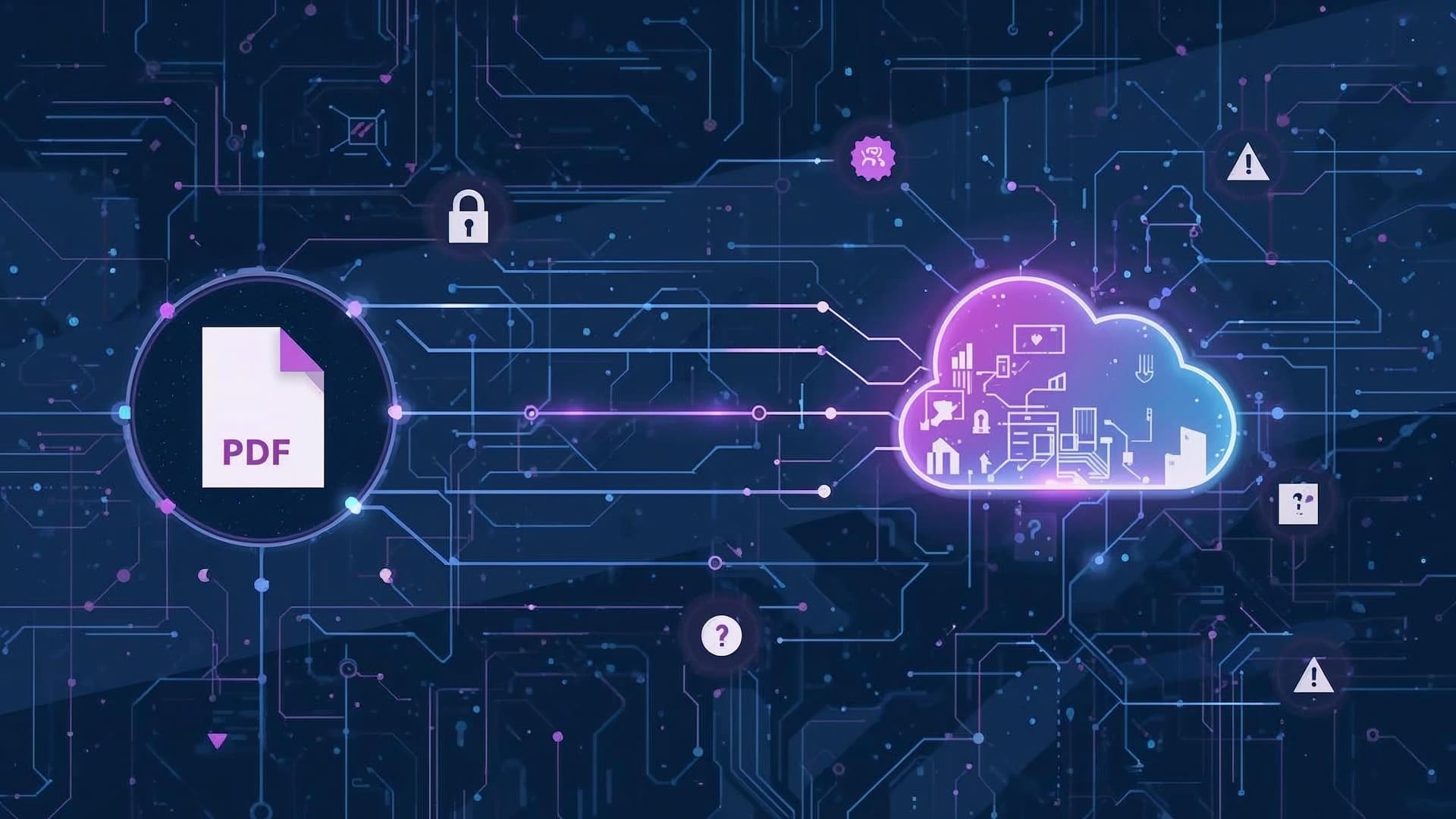A senior German official has voiced frustration over joint tech sovereignty efforts with France, describing the experience as disillusioning. The remarks followed a high profile digital summit hosted by Germany and France in Berlin.
The comments came from Luise Hölscher of Germany, who said approaches to buying European technology differ sharply between Germany and France. Germany tends to accept solutions from across Europe, while France often favours domestic providers.
Despite tensions, Hölscher said the disagreement has not damaged the wider partnership between Germany and France. Germany is now exploring closer cooperation with other European countries.
The debate unfolds as the EU considers new rules on cloud services and AI procurement across Germany and France. European institutions are weighing how far public bodies should prioritise European suppliers.
Would you like to learn more about AI, tech and digital diplomacy? If so, ask our Diplo chatbot!









